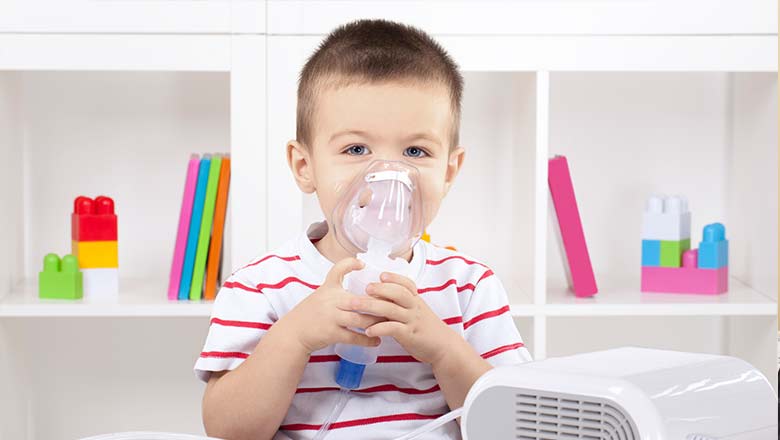Search

News & Events
Lung study helps history-making generation get a handle on their healthA lung function study carried out by Dr Shannon Simpson provided the most comprehensive follow-up of very pre-term children of any study so far carried out on the lung health of this vulnerable group.

News & Events
New lease on life for DartanyonTwo years on, Michelle and Dartanyon’s health and quality of life have significantly improved. We caught up with Michelle to hear about their journey since we first met them.
News & Events
Research reveals new link between Vitamin D, lung bacteria and asthmaA The Kids for Child Health Research study has uncovered a new link between vitamin D levels and asthma.
News & Events
Call for mental health support for kids with asthmaA new study has found that young children with severe or persistent asthma are at higher risk of developing many common mental health problems.
News & Events
Chance to prevent asthma missedTwo Australian scientists are spearheading an international campaign that's challenging the way asthma drugs are developed and tested.

News & Events
Overseas trip will help unlock the asthma puzzleOne in ten Australians have asthma and Dr Kimberley Wang from The Kids Research Institute Australia is on a mission to find out what causes it.
News & Events
Volunteers needed for world-first trial to prevent asthmaAustralian scientists have today launched a world first research trial into a treatment that could prevent asthma in high risk children.

News & Events
Funding boost to improve anaesthesia safety for kids with asthmaTelethon Kids Institute and the PMH Anaesthesia Research Team will work to improve the safety for young children with asthma undergoing general anaesthesia.

News & Events
NHMRC funding awarded to support child health researchThe Kids Research Institute Australia researchers have been awarded more than $10 million in research funding from the National Health and Medical Research Council (NHMRC).
News & Events
Healthy lungs, healthy lifeThe lungs are one of the last organs in the body to develop as a baby grows. They're also one of the most important.
